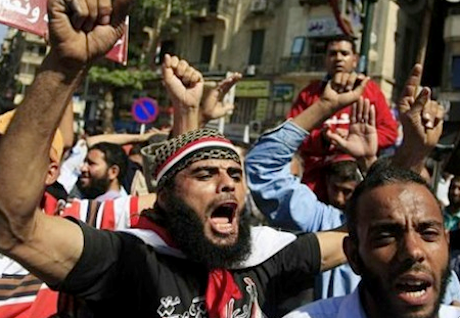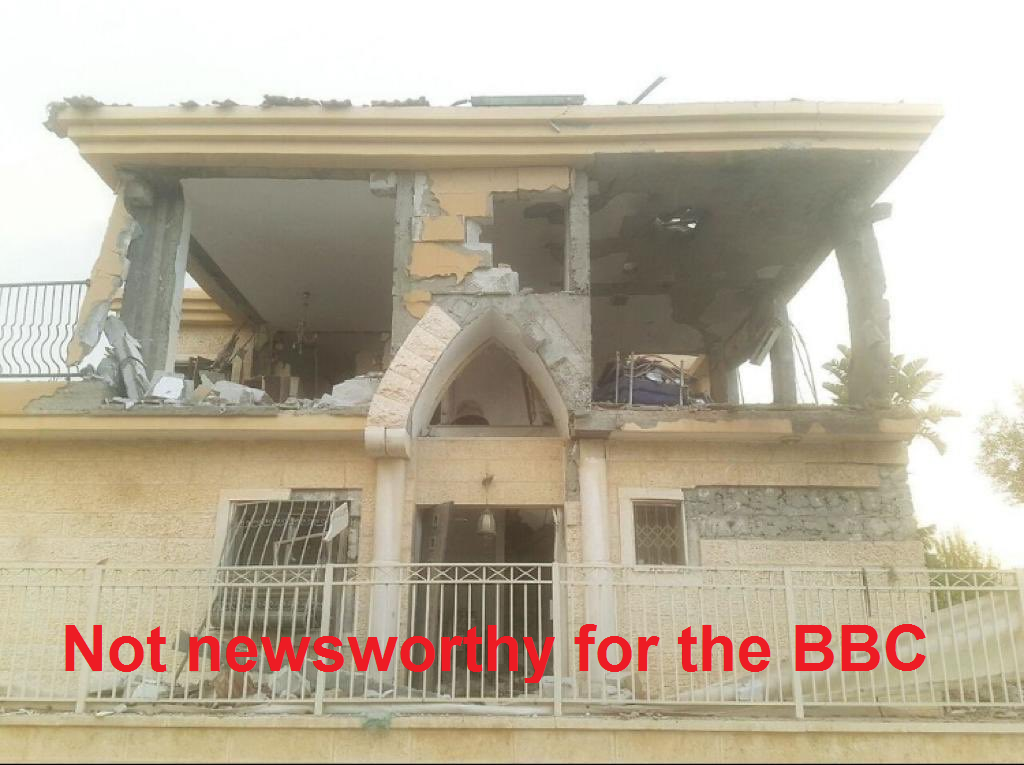(Alan Johnson’s essays on the the dangers posed by the rise of Islamism are truly in a league of their own. And, his most recent analysis, published on Nov. 5 at The Telegraph and excerpted below, is clearly no exception. A.L.)

Paul Berman, the New York intellectual, is perhaps the most penetrating and imaginative essayist writing about Islamist movements and ideas alive today. In 2010 he published The Flight of the Intellectuals, a stylish account of the Muslim Brotherhood: the Islamist political movement founded in Egypt in 1928 by Hassan al-Banna (known in Arabic as al-Ikhwan al-Muslimeen). According to Berman, the party was shaped decisively in both its ideology and organisational methods by mid-century European totalitarianism and was a politically hardened, ideologically driven and anti-Semitic movement. It was from this inconvenient truth that much of the western media and many public intellectuals were in flight.
When I praised Berman’s insights to a group of normally super-astute democracy promotion analysts in DC, to my surprise most took the view that Berman’s thesis was “crazy” and that the Muslim Brotherhood were really like the Christian Democracy in Europe; they had confessional roots, for sure, but were pragmatic folk and could be a force for “moderation”. I responded that the Brotherhood was exactly like the CDU – apart from its party structure, ideology, rhetoric, policy, and goals.
Back in 2010 ours was an academic argument. Well, not any more. The Brotherhood will dominate the region’s politics over the next decade. It is already regnant in Egypt, the most populous Arab country and the intellectual fulcrum of both the Arab and Muslim worlds, after sweeping to power earlier this year by winning the parliamentary and presidential elections, marginalising the secular democrats and knocking the military off their perch. In Tunisia the Brotherhood sits in government in the form of Rachid Ghannouchi’s Ennahda. The Justice and Construction Party (JCP) in Libya only won 17 of the 80 seats available for parties in the elections for Libya’s 200-strong national congress in July, but hopes to do better next time (the Brotherhood is very patient). The Syrian branch will be a force in any post-Assad regime (in the early 1980s the Syrian branch conducted an armed rebellion) and in Jordan it grows in strength. Hamas, of course, is the Palestinian branch of the Muslim Brotherhood.




